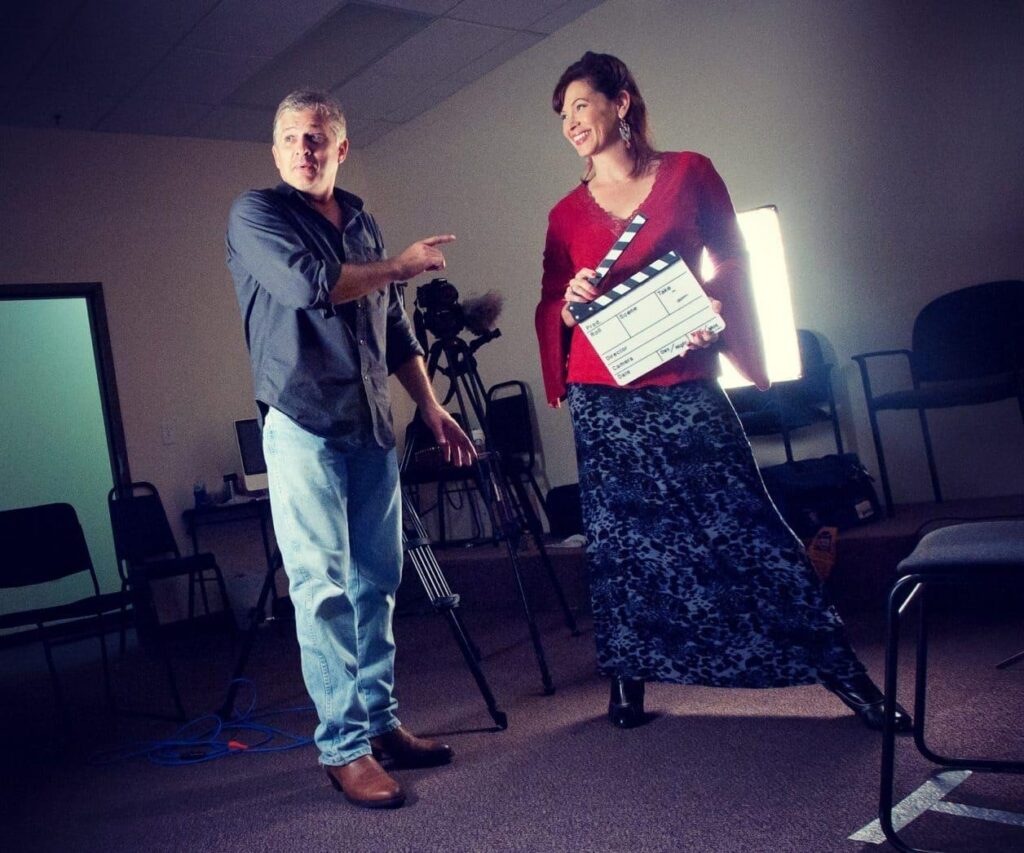Essential Skills Every New Project Manager Needs in 2025

1. Communication That Connects
Imagine this: you’re on a video call, screen‑sharing your project timeline, and half your team zones out. Ouch. Clear, engaging communication is your lifeline:
- Active listening: Paraphrase what someone said before responding. It shows you value their input.
- Storytelling: Want to rally the team around a tight deadline? Frame it as a mission: “Imagine launching this feature on day one…”
- Concise updates: Skip the jargon. Whether you’re chatting about CAPM knowledge with peers or flagging a risk to stakeholders, get to the point.
These habits smooth out bumps in your project management processes and ensure everyone’s on the same page—even when you’re juggling multiple time zones.
2. Risk Radar: Spotting Trouble Before It Strikes
Every project has hidden pitfalls. A vendor might miss a delivery date. A key developer might fall sick. Your job? Turn on your risk radar:
- Identify: Hold weekly “what‑could‑go‑wrong” brainstorming sessions.
- Assess: How likely is each risk? And what’s the impact?
- Respond: Develop contingency plans (Plan B, C, even D).
Early in my career, a server glitch threatened a product launch. Because I’d built a simple rollback process—and documented it in our Project Management Institute‑recommended risk register—we saved the day with minimal downtime.
3. Adaptive Planning in a Hybrid World
Gone are the days of rigid, year‑long plans. Today’s projects demand flexibility:
- Rolling wave planning: Break your work into short, 2–4 week horizons. Plan the near term in detail; leave later stages high‑level.
- Tool fluency: Whether it’s Jira, Trello, or an AI‑powered scheduling assistant, get comfortable fast. Your CAPM Exam prep will reinforce these tools and techniques, but real‑world practice is your best teacher.
- Feedback loops: Hold quick retros after each milestone. What worked? What didn’t? Iterate.
When our team shifted to a hybrid office‑remote model, swapping rigid Gantt charts for agile boards slashed confusion—and kept morale high.
4. Emotional Intelligence: Managing More Than Tasks
Your tasks don’t have feelings—people do. As a CAPM certified professional, you’ll learn processes; this skill goes beyond any textbook:
- Empathy: Check in on your team’s well‑being. A quick “How are you, really?” builds trust.
- Conflict resolution: Step in early when tensions flare. Use “I” statements (“I feel…”), encourage listening, and aim for win‑win solutions.
- Motivation: Celebrate small wins. A virtual high‑five in a chat can boost spirits as much as a coffee‑shop shout‑out.
This human touch keeps projects on track even when deadlines loom.
5. Stakeholder Savvy: Navigating Expectations
In every IT project I’ve managed, balancing what the client wants with what the team can deliver is an art:
- Map your stakeholders: Who needs daily updates? Who only cares about the final demo?
- Set clear boundaries: Use a simple RACI (Responsible, Accountable, Consulted, Informed) chart to define who does what.
- Manage up: Keep sponsors in the loop with concise dashboards—no one likes unexpected surprises in budget or scope.
You might pick up these strategies in a CAPM boot camp training, but weaving them into your daily routine cements them in your toolkit.
6. Continuous Learning: Staying Ahead of the Curve
Technology and methodologies evolve fast. Don’t let your skills go stale:
- Micro‑learning: Five‑minute video tutorials on the latest project software.
- Community involvement: Join a local chapter of the Project Management Institute or an online forum for CAPM certified professionals.
- Reflection: After each project, jot down three lessons learned. Over time, you’ll build a personal playbook of best practices.
And yes, investing in a formal CAPM Certification Training or tackling the CAPM Exam can turbocharge your growth—but the true differentiator is how you apply what you learn, day in and day out.
Conclusion: Your Next Steps
Starting out as a project manager is thrilling—and a bit daunting. Focus on connecting with people, spotting and managing risks, planning adaptively, and honing your emotional intelligence. Explore CAPM knowledge through a structured course when you’re ready to formalize your skills, but remember: projects succeed because of human effort as much as processes. You’ve got this—one meeting, one risk register, and one “aha!” moment at a time.

























































































































































































































































































































































































































































































































































































































































































































































































































































































































































































































































































































































































































































































































































































































































































































































































































































































































































































































































































































































































































































































































































































